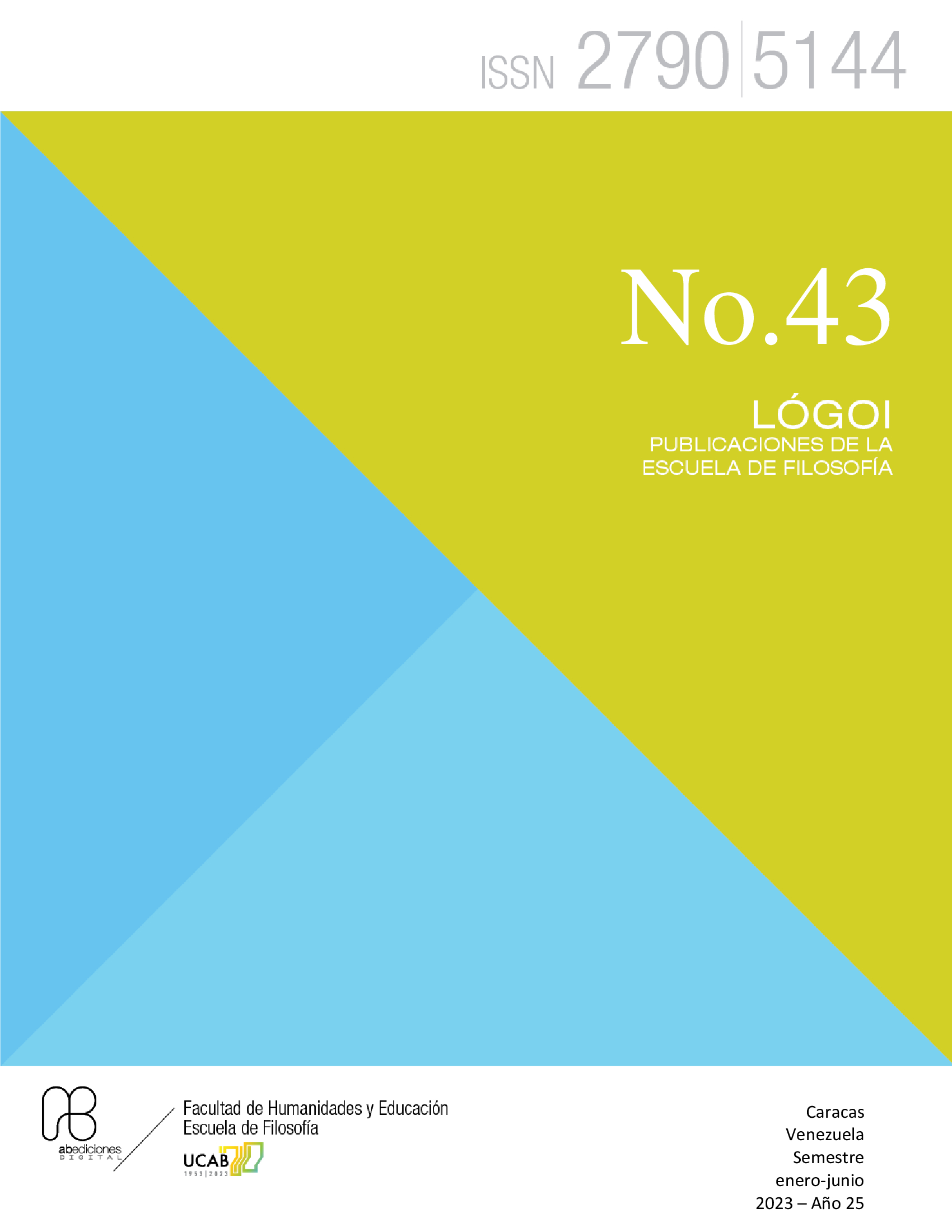Walter Benjamin's historicism and the critical historian
DOI:
https://doi.org/10.62876/lr.vi43.6098Keywords:
modernity, progress, historicism, Walter Benjamin, critical historian, Philosophy of History ThesisAbstract
This article explores the notion of Progress as a fundamental myth of Modernity, as well as the main characteristics of the type of rationality generated in this stage of human history. It presents how, thanks to this cultural humus, from the first decades of the nineteenth century, a broad and diffuse current of thought called Historicism emerged, which gave history or historicity a central value, since it was considered the fundamental science for the interpretation of social reality. For his part, at the end of the 1930s, Walter Benjamin, founding member of the Frankfurt School, in his essay entitled Theses on the Philosophy of History, presented his disagreement with the historicist approach. This is the history of the winners and gives rise to serve as a foundation for totalitarian political positions. In this sense, he proposes that the task of the critical historian is to give voice to the losers, to the marginalized of history, so that they may find redemption and justice is done with the historical fact
Downloads
References
- Aristóteles. Moral a Nicómaco. Edit y trad. de Patricio de Azcárate (Madrid: Espasa-Calpe, SA.1981)
- Aróstegui, Antonio. Esquemas para una historia de la Filosofía occidental. (Madrid: Marsiega, 1978)
- Augusto Comte. Curso de Filosofía Positiva. edit. y trad. de José Manuel Revuelta. (Barcelona: Orbis, 1980)
- Aguirre, Carlos. Walter Benjamin y las lecciones de una historia vista a “contrapelo”. Consulta on-line. https://n9.cl/ikeep 19/06/03.
- Benjamin, Walter. Tesis de Filosofía de la Historia. Consulta on-line. https://n9.cl/xjaak 19/06/03.
- Brech, Bertold Preguntas de un obrero que lee. Consulta on-line el 19/06/03: https://n9.cl/8eavc
- Borges, Jorge Luis. La Casa de Asterión. Consulta on-line el 19/06/03: https://acortar.link/myeRLW
- Condorcet. Bosquejo de un cuadro histórico de los progresos del espíritu humano, edit. y trad. de Antonio Torres del Moral y Marcial Suárez. (Madrid: Editora Nacional, 1980)
- Descartes, René. El Discurso del Método. edit. y trad. de Antonio Rodríguez Huéscar. (Barcelona: Orbis, 1983)
- Denis Huisman. Historia de los Filósofos. (Madrid: Tecnos,1996)
- Diccionario de Filosofía Ferrater Mora., Voz: Historicismo. (Barcelona: Alianza, 1986)
- Franco, Abraham Moctezuma. El historicismo europeo y su influencia en el contexto mexicano. Graffylia, N°5 (2005)
- Diccionario de la Política Rodrigo Borja. Voz: Historicismo. Consulta on-line el 20/08/22: https://n9.cl/95n6t
- Hazard, Paul. La crisis de la conciencia europea, 1680-1715. (Madrid: Pegaso, 1975)
- Quevedo, Charles. Historia y Memoria. Las teorías de Paul Ricoeur y Walter Benjamin. Consulta on-line. https://n9.cl/uyw5a. 19/06/03.
- Rabade, Sergio y Fernández, J., Historia del pensamiento Filosófico y Científico. (Madrid: G.del Toro, 1968)
- Voltaire. Opúsculos satíricos y filosóficos. edit. y trad. de Carlos R. de Dampierre. (Madrid: Alfaguara, 1978)
Published
How to Cite
Issue
Section
License
Copyright (c) 2023 Oscar E. Buroz Echenagucia S.J

This work is licensed under a Creative Commons Attribution-NonCommercial-ShareAlike 4.0 International License.










.png)











